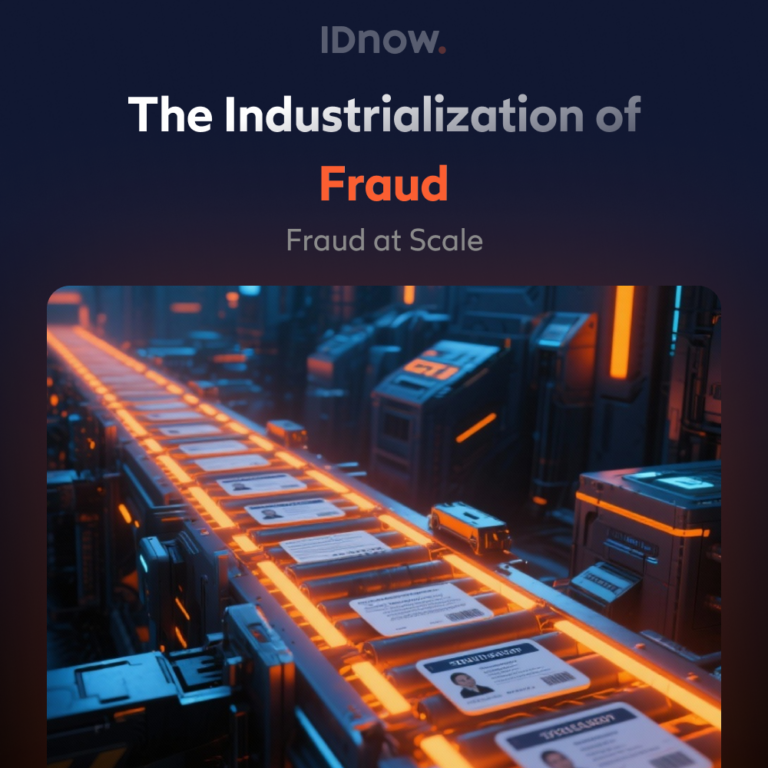What is MiCA?
MiCA is a regulatory framework for crypto assets traded on digital platforms. It covers three types of crypto assets:
- Utility tokens, which provide access to goods or services;
- Payment tokens, which are used as a means of payment or can be traded for other MiCA-regulated tokens;
- E-money tokens, which are backed by fiat currencies and used to make electronic payments.
MiCA has established rules for the issuance, admission to trading, and operation of crypto assets, as well as requirements for the providers of crypto asset services. The European Blockchain Partnership (EBP) has been set up to specifically promote cooperation between member states on blockchain technology.
Who does MiCA apply to?
MiCA will impact all crypto asset service providers offering services to clients in the EU. This includes exchanges, custodian wallet providers, issuers of initial coin offerings (ICOs) and other CASPs. MiCA will not apply to persons who buy or sell crypto assets for their own account.
When will MiCA come into effect?
MiCA received a majority 517 votes from European Parliament lawmakers in favor of the crypto licensing regime in April 2023, and is expected to come into effect by 2024.
CASPs are recommended to stay up to date with MiCA, and consult with a legal advisor to ensure they remain compliant.
Does MiCA cover Bitcoin?
As one of the major legislations aimed at regulating the crypto sector in Europe, MiCA covers Bitcoin, and other forms of cryptocurrencies.




